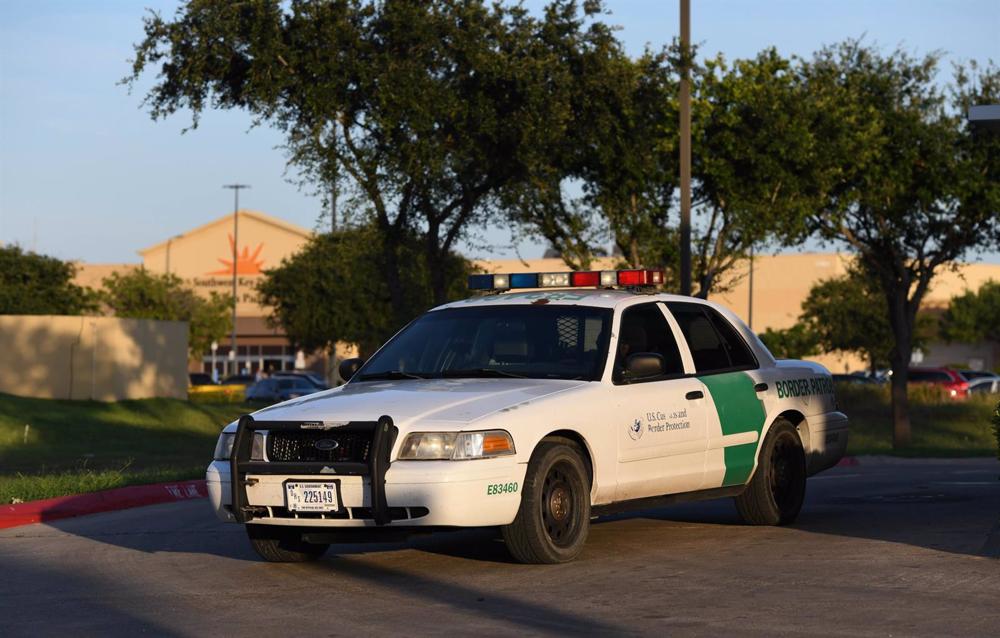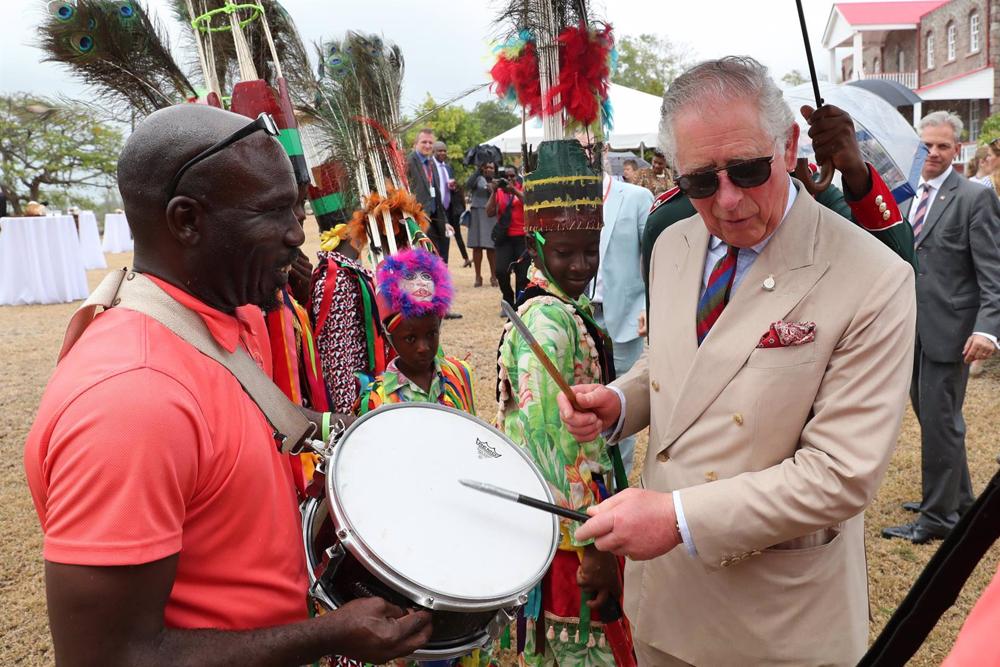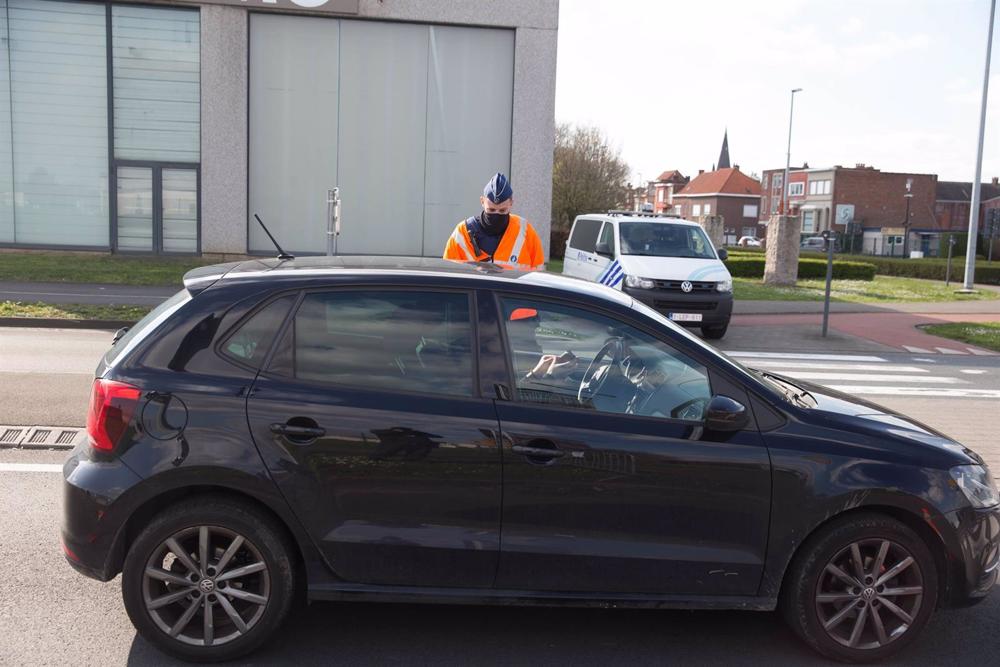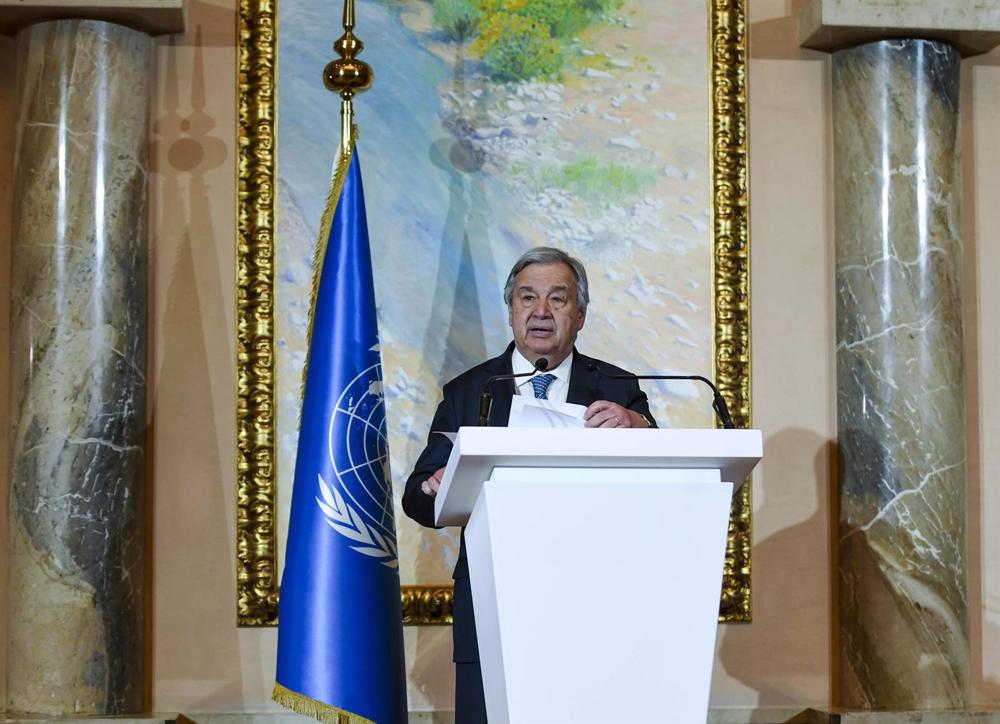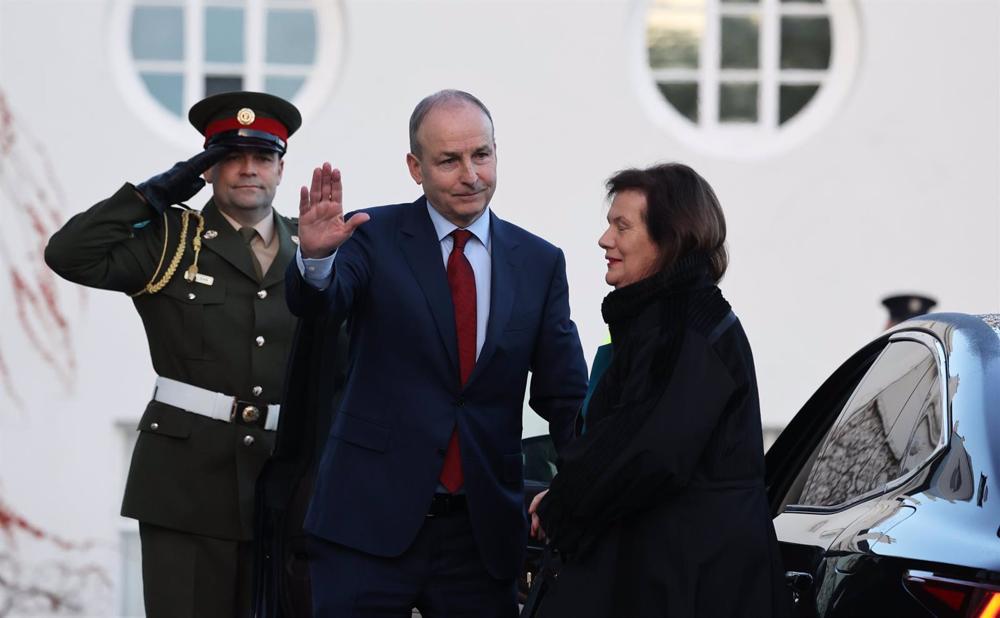
The Irish Prime Minister, Micheál Martin, has officially resigned from office on Saturday to make way for his successor and government partner, Leo Varadkar, in accordance with the coalition agreement signed in 2020 by the Fine Gael (Christian Democrat) and Fianna Fáil (Liberal) parties.
Martin was received by the Irish president, Michael D. Higgins, at the latter’s official residence in Áras an Uachtaráin, Dublin, reports The Press Association news agency.
Martin has stressed that it has been an «honor» to perform the duties of ‘taoiseach’ or prime minister in a video posted on social networks. «I want to take this opportunity to thank all the people across this country who have shown me courtesy and kindness,» he said.
Varadkar was formally appointed prime minister earlier Saturday at a session of the Irish Dáil or Assembly and promised «humility» and «decisiveness» in his second term at the helm of the Irish government after the 2017-2020 term.
The Dáil has approved Varadkar’s appointment by 87 votes in favor and 62 against in an extraordinary session in which he has promised to «start working hard already from the next hours». Varadkar has appealed to the objectives of the foundation of the Irish State a century ago and has promised «hope and housing, economic opportunities and a fair start for everyone».
«I accept this appointment of the Dáil with humility and resolve, with a burning desire to fulfill the promise of 100 years ago and give new hope and new opportunities to all our citizens,» he said.
From the opposition, the leader of Sinn Féin, Mary Lou McDonald, has defended that Martin’s resignation was a good occasion to call early elections and has accused the coalition government of being «out of touch with reality, out of ideas and out of time». «We need a change of government (…). We live in an Ireland where with this government the housing emergency has worsened, the health crisis has worsened and households have more and more problems,» he denounced.
After overcoming the COVID crisis, the country faces such pressing issues as the rising cost of living or culminating the difficult process of finalizing the Brexit at the EU border with the UK and the political particularities of Northern Ireland.
The agreement between Fine Gael and Fianna Fáil after almost a century of rivalry with roots in the Irish civil war of 1922-23 has placed the left-wing nationalist formation Sinn Féin as the main opposition force. The most voted party was Sinn Féin (37 out of 60 deputies), but Fianna Fáil won more seats (38) and made a pact with Fine Gael and the Greens to form a government.
Source: (EUROPA PRESS)
